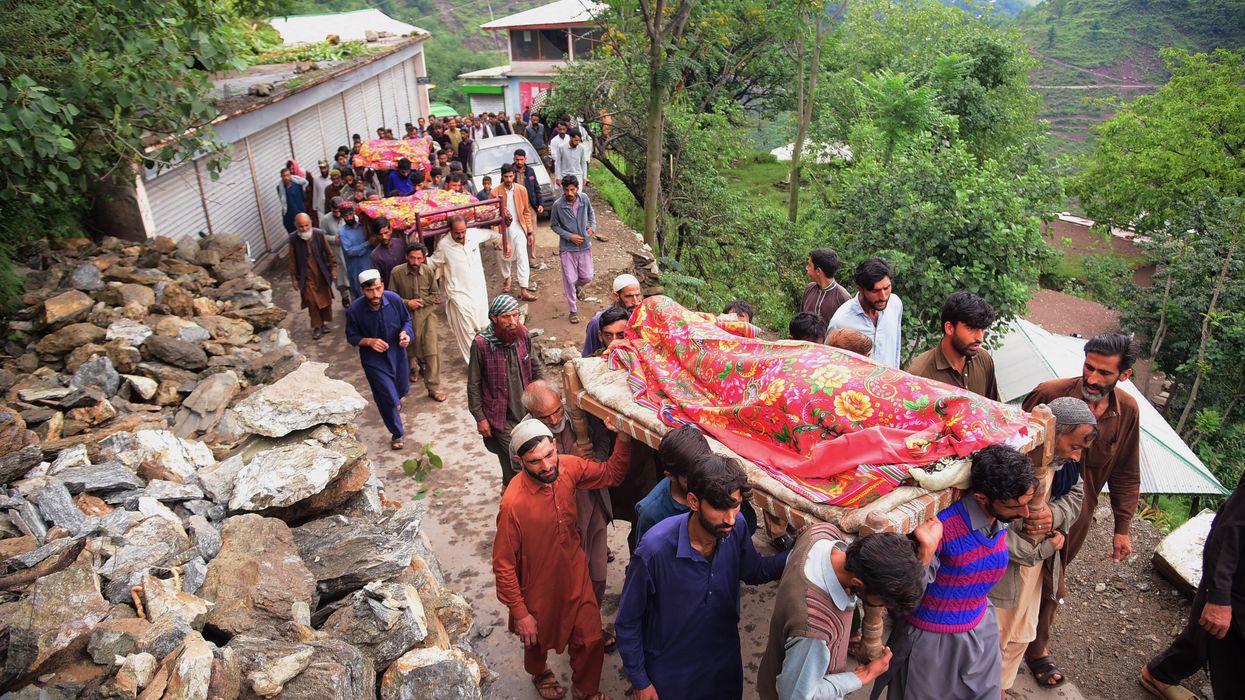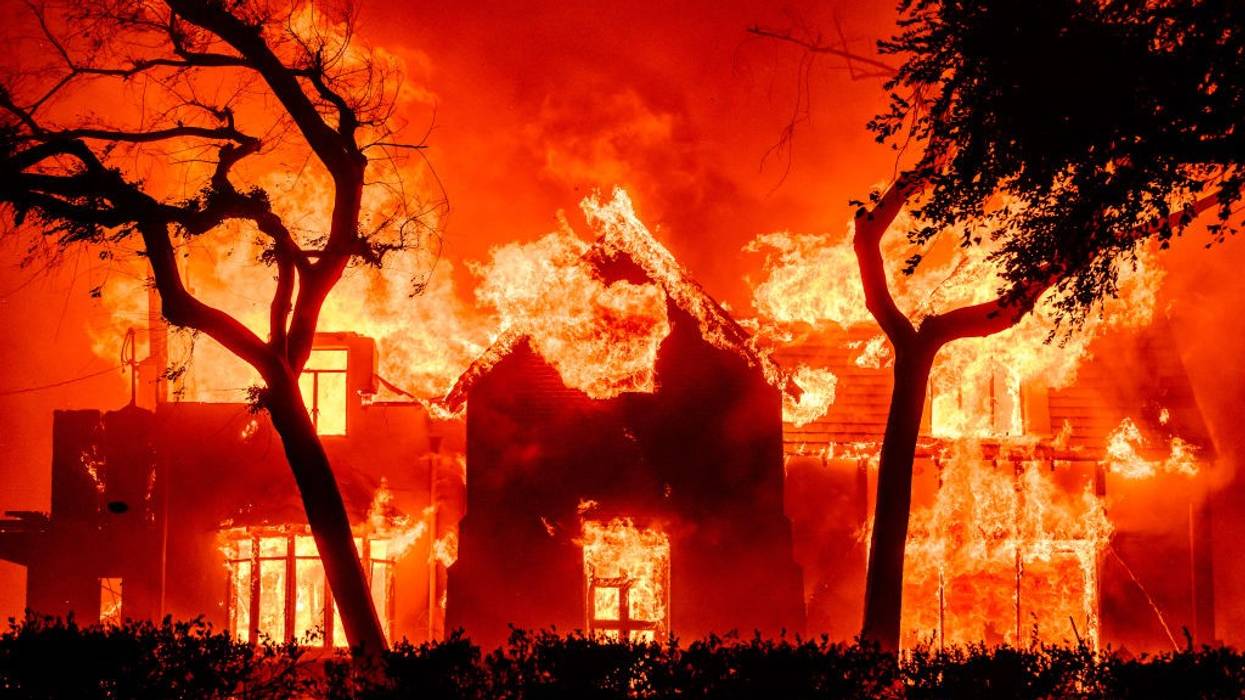'A Wake-Up Call': Scientists Find 2025 Among Hottest Years on Record
"2025 was full of stark reminders of the urgent need to cut climate pollution, invest in clean energy, and tackle the climate crisis now."
Climate change driven by human burning of fossil fuels helped make 2025 one of the hottest years ever recorded, a scientific report published Monday affirmed, prompting renewed calls for urgent action to combat the worsening planetary emergency.
Researchers at World Weather Attribution (WWA) found that "although 2025 was slightly cooler than 2024 globally, it was still far hotter than almost any other year on record," with only two other recent years recording a higher average worldwide temperature.
For the first time, the three-year running average will end the year above the 1.5°C warming goal, relative to preindustrial levels, established a decade ago under the landmark Paris climate agreement.
"Global temperatures remained very high and significant harm from human-induced climate change is very real," the report continues. "It is not a future threat, but a present-day reality."
"Across the 22 extreme events we analyzed in depth, heatwaves, floods, storms, droughts, and wildfires claimed lives, destroyed communities, and wiped out crops," the researchers wrote. "Together, these events paint a stark picture of the escalating risks we face in a warming world."
The WWA researchers' findings tracked with the findings of United Nations experts and others that 2025 would be the third-hottest year on record.
According to the WWA study:
This year highlighted again, in stark terms, how unfairly the consequences of human-induced climate change are distributed, consistently hitting those who are already marginalized within their societies the hardest. But the inequity goes deeper: The scientific evidence base itself is uneven. Many of our studies in 2025 focused on heavy rainfall events in the Global South, and time and again we found that gaps in observational data and the reliance on climate models developed primarily for the Global North prevented us from drawing confident conclusions. This unequal foundation in climate science mirrors the broader injustices of the climate crisis.
The events of 2025 make it clear that while we urgently need to transition away from fossil fuels, we also must invest in adaptation measures. Many deaths and other impacts could be prevented with timely action. But events like Hurricane Melissa highlight the limits of preparedness and adaptation: When an intense storm strikes small islands such as Jamaica and other Caribbean nations, even relatively high levels of preparedness cannot prevent extreme losses and damage. This underscores that adaptation alone is not enough; rapid emission reductions remain essential to avoid the worst impacts of climate change.
“If we don’t stop burning fossil fuels very, very, quickly, very soon, it will be very hard to keep that goal” of 1.5°C, WWA co-founder Friederike Otto—who is also an Imperial College London climate scientist—told the Associated Press. “The science is increasingly clear.”
The WWA study's publication comes a month after this year's United Nations Climate Change Conference—or COP30—ended in Brazil with little meaningful progress toward a transition from fossil fuels.
Responding to the new study, Climate Action Campaign director Margie Alt said in a statement that "2025 was full of stark reminders of the urgent need to cut climate pollution, invest in clean energy, and tackle the climate crisis now."
"Today’s report is a wake-up call," Alt continued. "Unfortunately, [US President Donald] Trump and Republicans controlling Congress spent the past year making climate denial official US policy and undermining progress to stave off the worst of the climate crisis. Their reckless polluters-first agenda rolled back critical climate protections and attacked and undermined the very agencies responsible for helping Americans prepare for and recover from increasingly dangerous disasters."
"Across the country, people are standing up and demanding their leaders do better to protect our families from climate change and extreme weather," Alt added. "It's time those in power started listening.”


